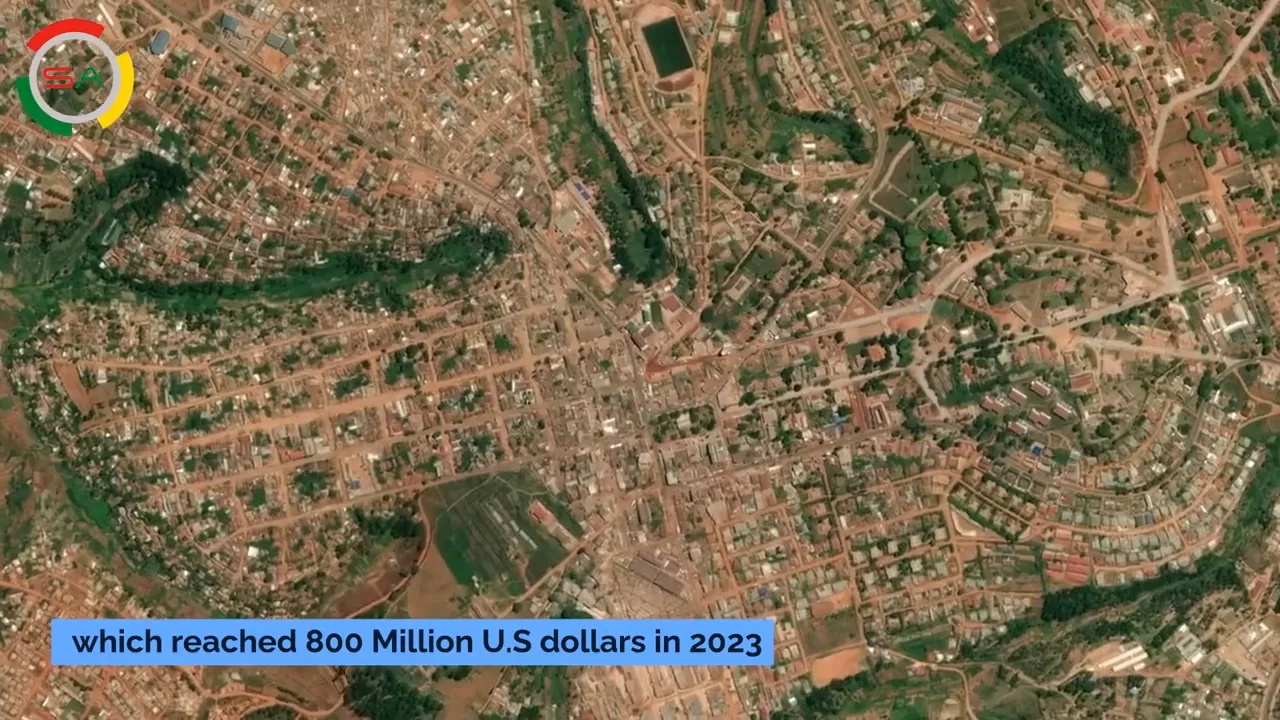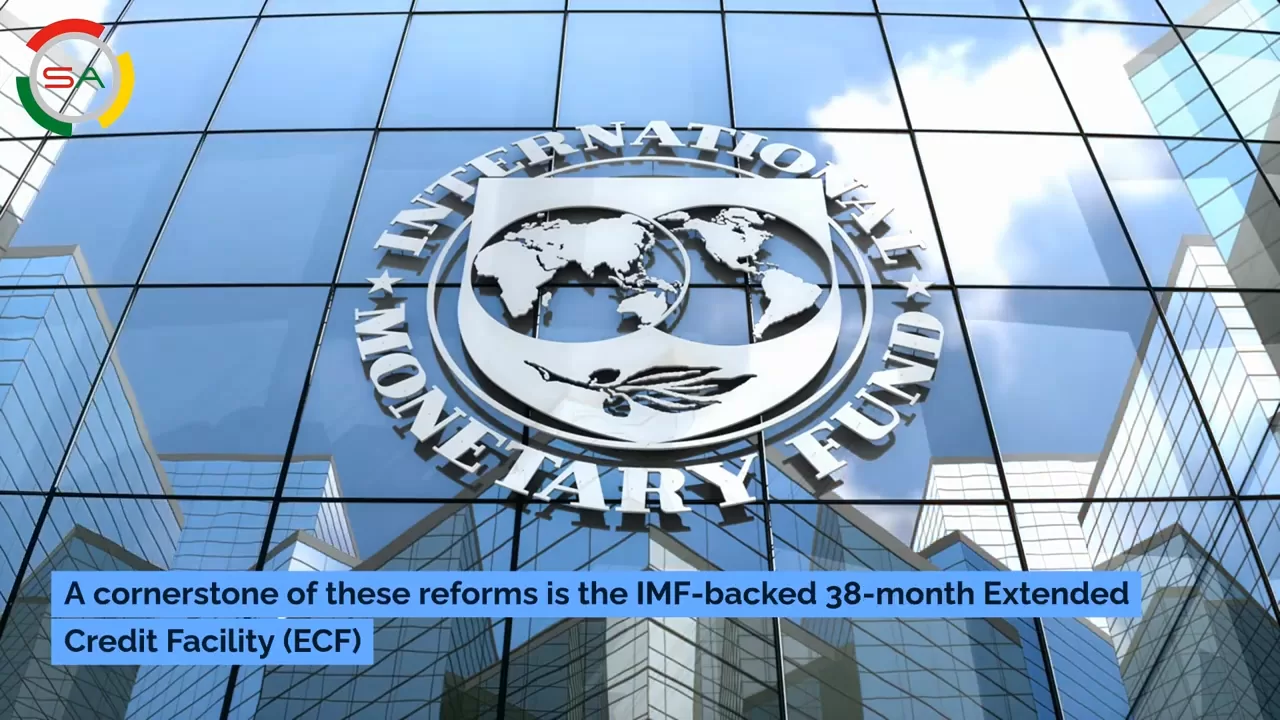In today’s global economy, financial relationships often extend across borders. However, when obligations are not fulfilled, businesses and individuals face the difficult task of recovering their money abroad. Debt collection in Burundi requires an understanding of the local legal system, cultural aspects, and available enforcement mechanisms. Below, we outline the key steps and practical considerations for creditors seeking to collect outstanding debts in Burundi.
Legal Framework of Debt Collection in Burundi
Burundi follows a civil law system influenced by Belgian law and regional integration rules. Creditors’ rights and obligations are primarily regulated by the Burundian Civil Code, the Commercial Code, and procedural rules applicable in local courts. As in many civil law jurisdictions, debt recovery can be pursued either through amicable settlement or through judicial enforcement.
Because of the formalities and language requirements (Kirundi and French are the official legal languages), creditors are strongly advised to engage a local lawyer or debt collection agency familiar with Burundian court practice.

Pre-Litigation: Negotiation and Amicable Settlement
The first step in any debt collection in Burundi is to attempt an amicable resolution. Local business culture values negotiation and compromise, and many disputes can be resolved by issuing a formal demand letter. This written notice, usually prepared by a lawyer, specifies the debt owed, payment deadlines, and potential legal consequences if the debtor refuses to comply.
Often, the debtor may respond positively when approached through a local legal representative. Such pre-litigation measures save both time and costs, while preserving business relationships.
Judicial Debt Collection Procedures
If negotiation fails, the creditor must initiate legal proceedings. The procedure depends on the type of debt and whether there is written proof of the obligation.
- Summary Proceedings (Injonction de Payer)
- When the creditor has clear documentary evidence, such as invoices, contracts, or promissory notes, they may request a payment order from the competent commercial court.
- This is a faster procedure designed to grant the creditor an enforceable judgment without a lengthy trial, unless the debtor formally contests the claim.
- Ordinary Civil or Commercial Proceedings
- If the debt is disputed or lacks sufficient documentation, the creditor must file a full lawsuit.
- This involves submission of pleadings, evidence, and hearings before the court, which may significantly lengthen the process.
Burundi’s judiciary can be slow due to case backlogs, so creditors should prepare for potential delays.

Enforcement of Judgments
Once a creditor obtains a favorable judgment, enforcement is carried out by a judicial officer (huissier de justice). Available enforcement measures include:
- Seizure of movable and immovable property (cars, equipment, real estate).
- Bank account garnishment, if the debtor maintains accounts in Burundi.
- Third-party attachment, where payments owed to the debtor by others are redirected to the creditor.
Enforcement is strictly regulated, and only official bailiffs have authority to seize assets.
Cross-Border Debt Collection
For foreign creditors, international aspects may complicate the process. Burundi is a member of several regional organizations, including the East African Community (EAC), but it is not part of the OHADA treaty, which harmonizes business law in many African states. This means creditors must rely primarily on Burundian domestic law.
Recognition of foreign judgments in Burundi is possible but requires a local court procedure called exequatur, which confirms that the foreign judgment is enforceable under Burundian law.

Practical Recommendations
- Engage local experts: Working with a Burundian lawyer or licensed debt collection agency increases the chances of successful recovery.
- Act quickly: The longer the delay, the harder it becomes to locate debtor assets.
- Maintain documentation: Proper contracts, invoices, and proof of delivery are essential for court recognition.
- Consider settlement: Due to judicial delays, negotiated solutions are often more cost-effective.
Conclusion
Recovering money in a foreign jurisdiction always poses challenges, and debt collection in Burundi is no exception. While the legal system provides clear procedures for both amicable settlement and judicial enforcement, practical realities such as court delays and enforcement hurdles must be taken into account. By relying on local expertise, maintaining proper documentation, and balancing negotiation with litigation, creditors can significantly improve their chances of successful recovery in Burundi.



